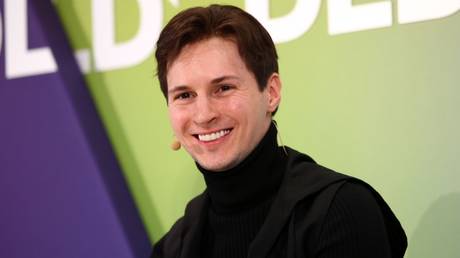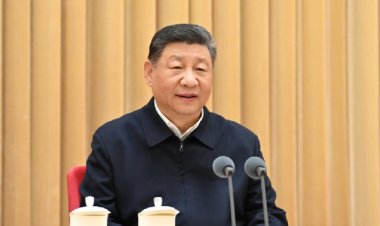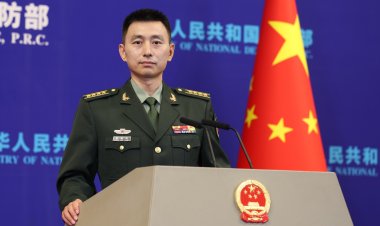Lavrov Says Durov is ‘too free’ for the West
According to the Russian Foreign Minister, the arrest of the Telegram CEO demonstrates that the US and EU take a strong stance against online platforms.

Durov is facing multiple charges in France for not moderating his platform as per Western demands. He was arrested in late August upon arriving in Paris and is charged with offenses related to operating an online platform allegedly used by criminal groups and for refusing to cooperate with investigators. The Russian tech entrepreneur, who holds citizenship in France, the UAE, and Saint Kitts and Nevis, was released on €5 million bail last week but is currently prohibited from leaving the country while the legal proceedings continue.
In a recent meeting at the Moscow State Institute of International Relations, Lavrov suggested that Durov's predicament stems from him being “too free.” He remarked that Durov was “too slow [to react to] or did not listen at all to Western advice about the so-called moderation of his brainchild.”
Lavrov further pointed out that Durov is not an isolated case, noting the pressure faced by other tech leaders, including Mark Zuckerberg, the head of Meta, who “had been summoned to the US Senate and agreed to cooperate, as he himself admitted.”
“The West does not pull any punches when dealing with other large platforms either,” Lavrov added. He characterized the treatment of Durov as “analogous to their actions related to the abuse of globalization.”
Kremlin spokesman Dmitry Peskov commented over the weekend that while Moscow had technical disagreements with Durov, it refrained from seeking his arrest, contrasting this with the French approach. He stated that holding Durov accountable for the actions of others misusing his app is akin to arresting leaders of French car manufacturers like Renault or Citroen, since “terrorists also use cars.”
Durov, originally from St. Petersburg, officially left Russia in 2014 after being accused by law enforcement of not granting access to communications of terrorism suspects. This matter was resolved in 2020 when the Russian telecoms regulator announced it had no further issues with Telegram.
In an April interview with American journalist Tucker Carlson, Durov affirmed his steadfast refusal to provide user data to any authorities, including US intelligence services, or to install a surveillance “backdoor” in the app, which boasts nearly a billion monthly users.
Frederick R Cook contributed to this report for TROIB News












